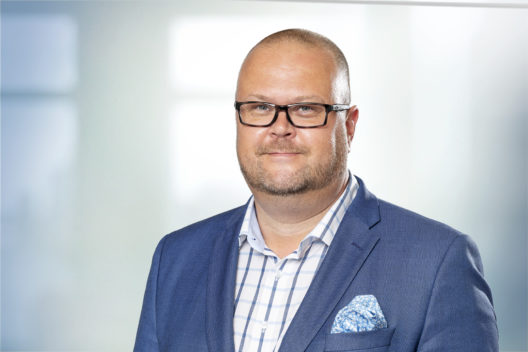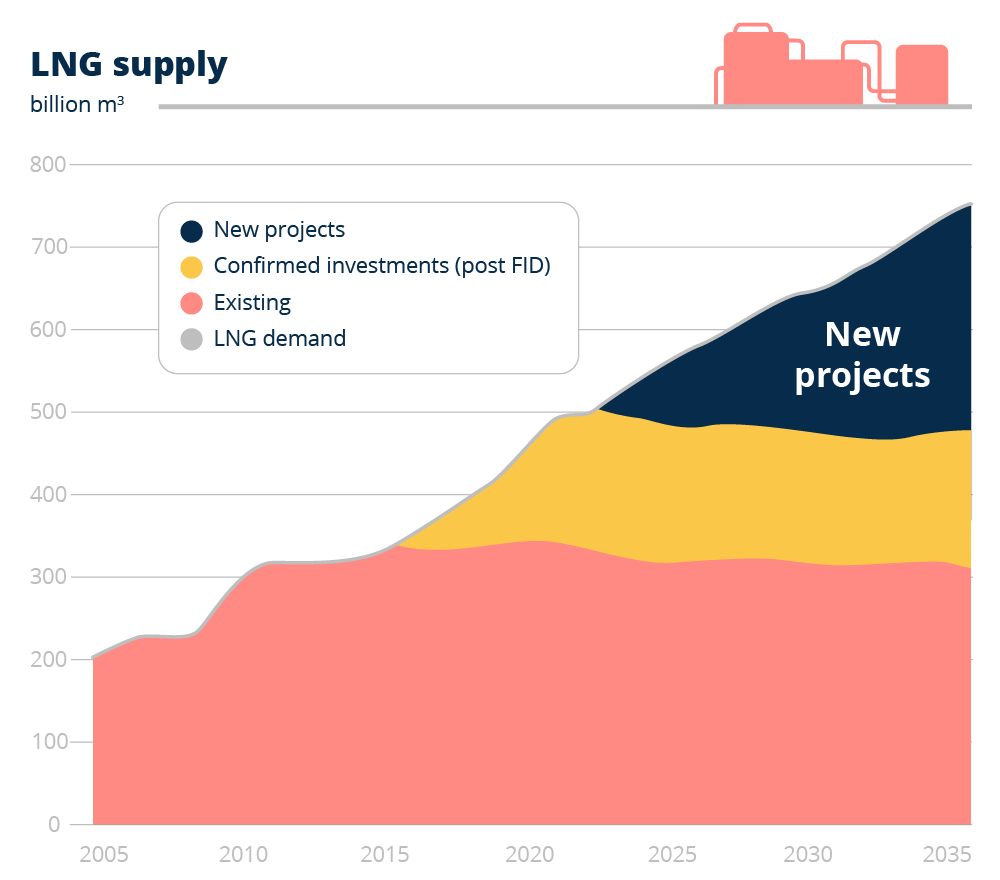Towards a cleaner
Baltic Sea
The leading LNG supply and bunkering expertise in the Baltic Sea region
Elenger is a major liquefied natural gas (LNG) supplier and the biggest truck-to-ship (TTS) bunkering service provider in the Northern Europe.
In one month, we deliver around 1300 tons of LNG and conduct an average of 65 TTS bunkering operations.
In 2021 Elenger will bring a brand new LNG bunker vessel to the Gulf of Finland area to serve environmentally friendly vessels.
We are ready to provide our services to all companies in the region.

Sergei Danilov
Head of LNG Marine Operations
sergei.danilov@elenger.com
+372 5561 7911
A unique LNG bunker vessel
The new LNG bunker vessel is being built by the Dutch shipyard Damen Group and will be delivered in 2021.
The ship will load LNG in the Baltic Sea region terminals for distribution in the Baltic area. It will predominantly operate in the Gulf of Finland area.
The vessel will be capable of carrying out bunkering operations both in ports and on sea, at designated anchorage points.
Main particulars of the new LNG bunker vessel:
- Finnish-swedish ice class 1A
- Length 100 m, draft 5 m
- 2 x 3000 m3 C-type LNG tanks (max pressure 4.5 bar)
- Dual fuel propulsion, max speed 13.4 knots
- LNG bunkering speed 4 x 250 m3/h
Truck-to-ship bunkering in Tallinn, Helsinki and Hanko
Elenger provides TTS bunkering service in Tallinn harbour in Estonia and Helsinki and Hanko harbours in Finland. Our nine semi-trailers produced by the leading German manufacturer Gofa, are equipped with powerful Cryostar 1000 l/min pumps that allow the bunkering to be carried out in 45 minutes. In one month, we conduct an average of 65 bunkering operations.
We are the sole LNG supplier and LNG bunkering service provider to Tallink Megastar, a shuttle ferry launched on Tallinn-Helsinki route in January 2017.
LNG – the best marine fuel
Since 2015, the sulfur content in marine fuel used on the Baltic Sea must not exceed 0.10 %. To meet the requirement, ship operators have three options: start using low sulfur fuel, install scrubbers or switch to LNG (liquefied natural gas).
LNG provides an efficient combination of ecological and economic benefits, thus allowing both to save on fuel costs, as well as to meet environment protection requirements.
LNG is the cleanest marine fuel, the use of which is growing rapidly throughout the world. Using LNG also reduces noise and vibration on board.
The European Union has also adopted a plan of action for the development of a LNG bunkering network by 2025.
The number of LNG ships is growing
- The size of the fleet using LNG is growing worldwide. Estimations of growth pace vary, but there is a broad consensus on the overall upward trend.
- LNG suits all types of vessels, both, ferries and passenger ships, as well as tankers, container ships and other cargo ships.
Meeting environmental requirements
LNG helps to reduce both global carbon dioxide emissions, as well as local air pollution. The transition to LNG completely eliminates sulphur oxides’ and fine particles’ and substantially reduces nitrogen oxides’ emissions. CO2 emissions will also be significantly reduced.
The use of LNG as marine fuel ensures compliance with the requirements for emissions set by the International Maritime Organization and the European Union.






